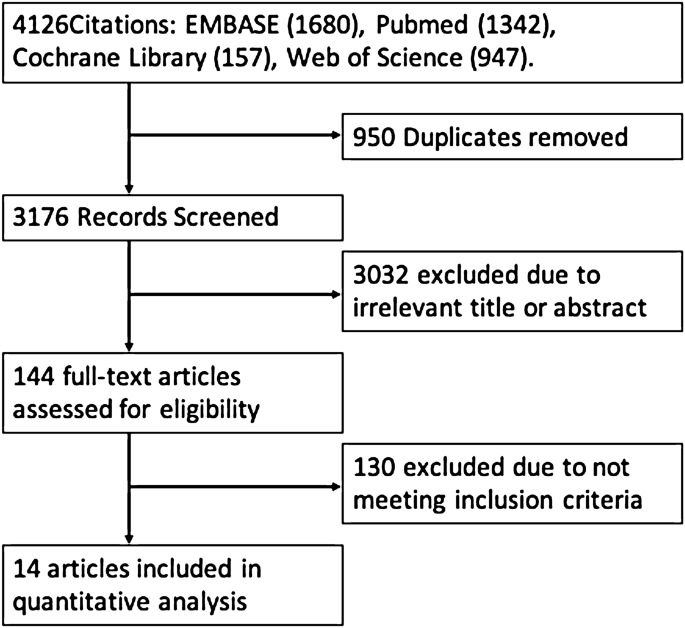

Specific randomised controlled studies addressing the investigation of “chronic diarrhoea” are absent and so these guidelines are based largely on retrospective or small prospective studies, in particular conditions that may give rise to such symptoms, and on expert opinion rather than strict evidence based reasoning (categories B and C). Requires evidence from prospective, retrospective, or cross sectional clinical studies without randomisation.Įvidence based on expert reports or opinion in the absence of directly applicable studies of good quality.
#ALCOHOL 52 FREE EDITION REVIEW TRIAL#
Requires evidence from at least one randomised controlled trial or a meta-analysis of randomised controlled trials. The strength of each recommendation is dependant on the category of evidence supporting it and is graded as follows: An initial draft document was produced and subsequently reviewed and modified by a multidisciplinary group comprising clinical gastroenterologists, radiologists, and biochemists. A total of 530 key papers and relevant abstracts in English in peer reviewed journals were identified and read, and relevant work has been cited and referenced. Papers relating to diarrhoea in the context of immunodeficiency syndromes were specifically excluded from this review as this subject was felt to require a different investigative approach. This involved a review of electronic databases (Medline and PubMed) using keywords such as “diarrhea”, “chronic”, “diagnostic evaluation”, “investigation”, “malabsorption”, and terms related to the specific conditions mentioned in the text (for example, coeliac disease and small bowel bacterial overgrowth). The guidelines were prepared following a comprehensive literature search by Dr PD Thomas. Given this broad symptom based focus, the guidelines cover a wide range of gastroenterological conditions and are not intended as a comprehensive review of all aspects of the clinical conditions mentioned herein, but rather an attempt to rationalise the approach to investigation in the context of this common clinical scenario. Their purpose is to provide guidance on the best available methods of investigating symptoms of chronic diarrhoea.

The guidelines are directed at consultant gastroenterologists, specialist registrars in training, and general practitioners, and refer specifically to adult not paediatric gastroenterology. These guidelines were compiled at the request of the Chairman of the British Society of Gastroenterology’s clinical services committee. Correspondence to: Dr A Forbes, St Mark’s Hospital, Harrow, Middlesex HA1 3UJ, UK .uk.12Clinical Scientist, Western General Hospital, Edinburgh, UK.11Department of Clinical Chemistry, Hope Hospital, Manchester, UK.10Department of Clinical Chemistry, Royal Manchester Children’s Hospital, Manchester, UK.9Department of Gastroenterology, Gloucestershire Royal Hospital, Gloucester, UK.8GP, East Oxford Health Centre, Oxford, UK.

7Department of Radiology, St James’s Hospital, Leeds, UK.6Department of Gastroenterology, Hammersmith Hospital, London, UK.



 0 kommentar(er)
0 kommentar(er)
